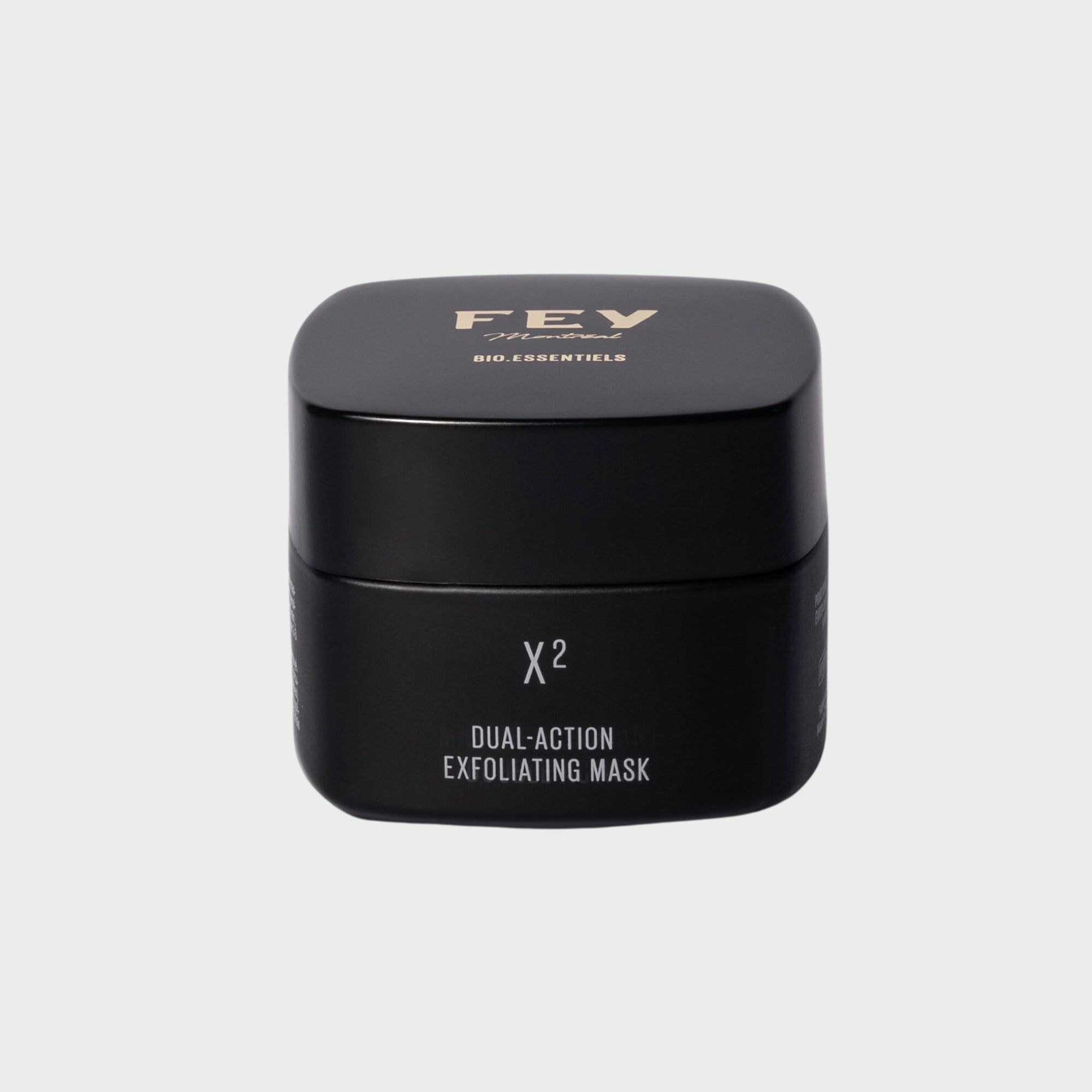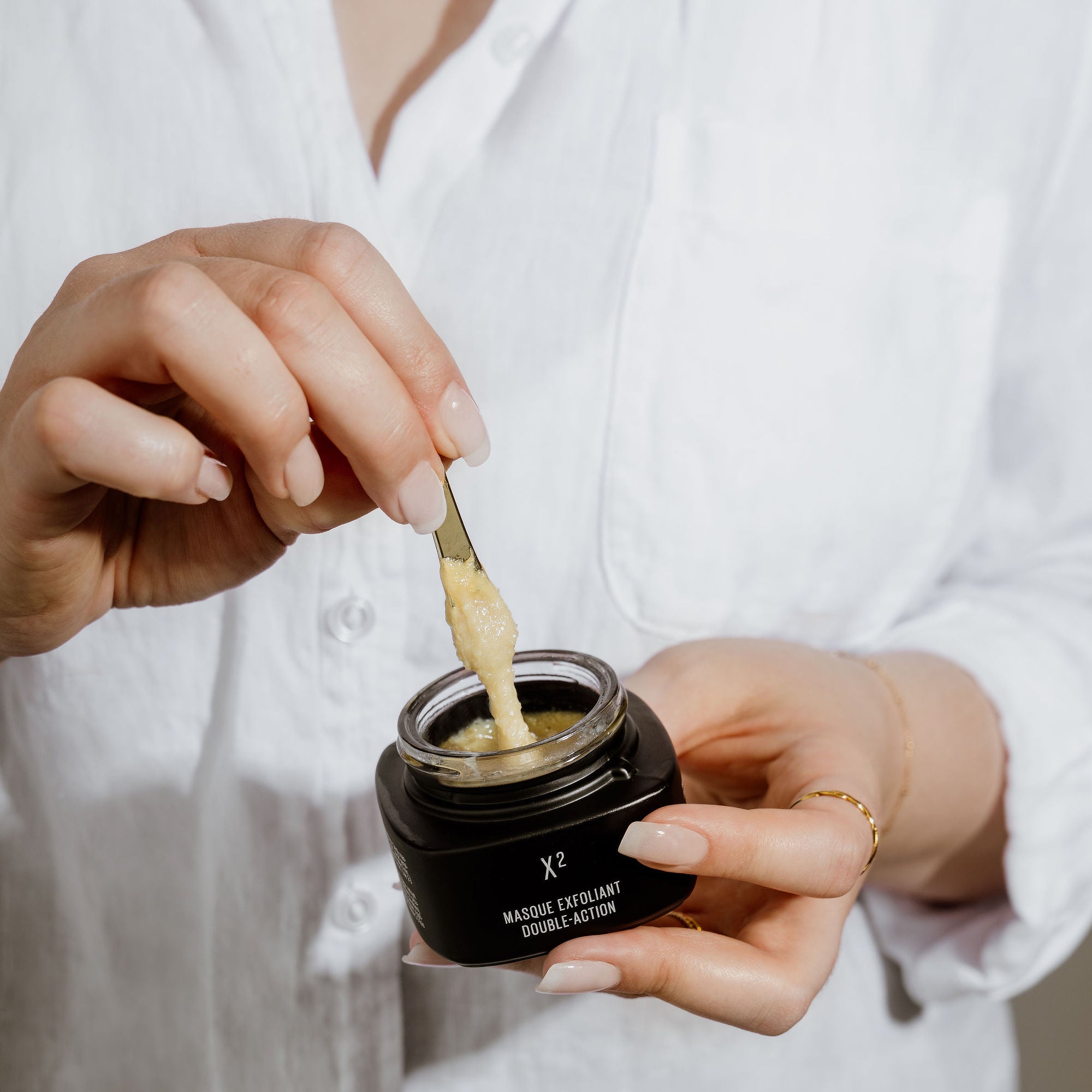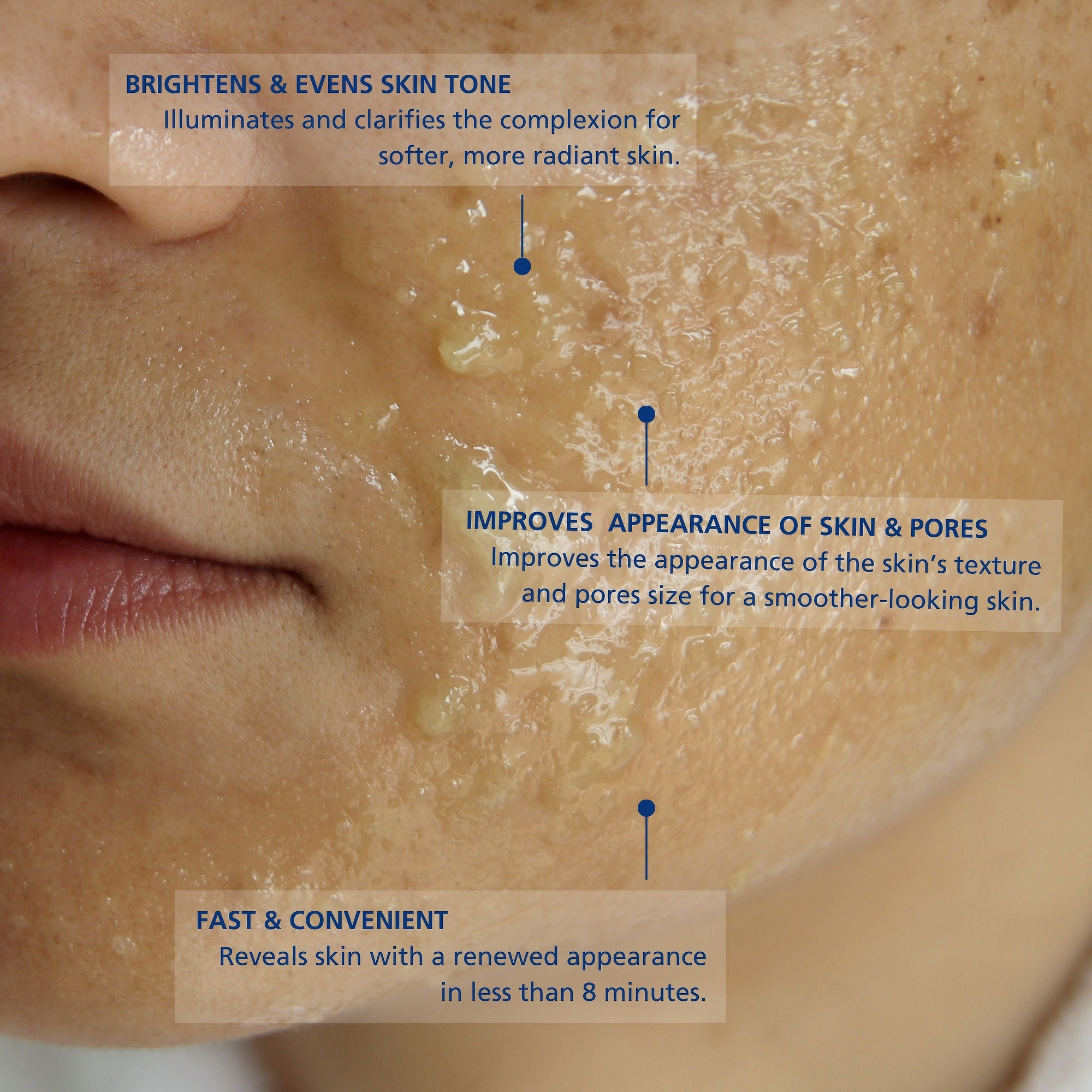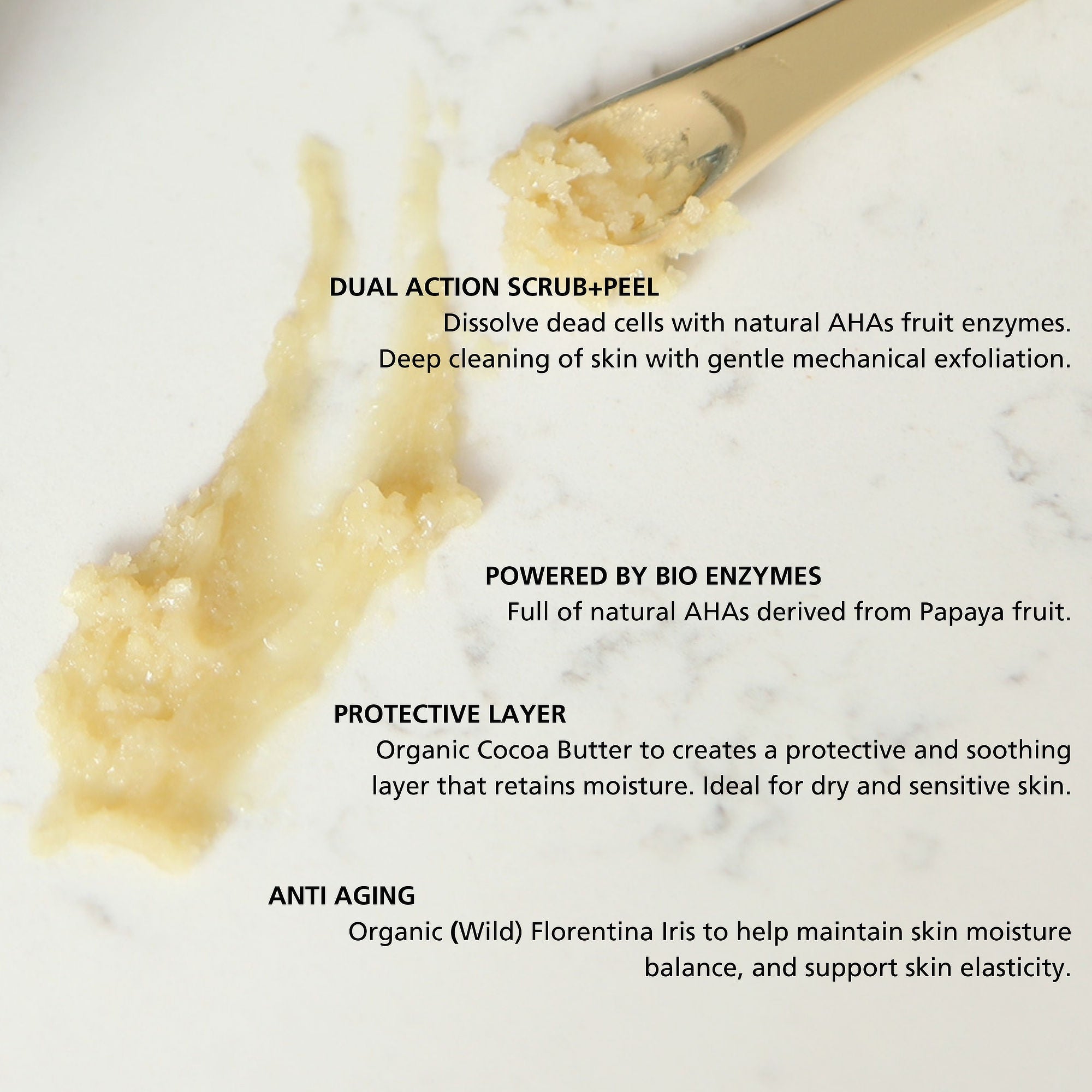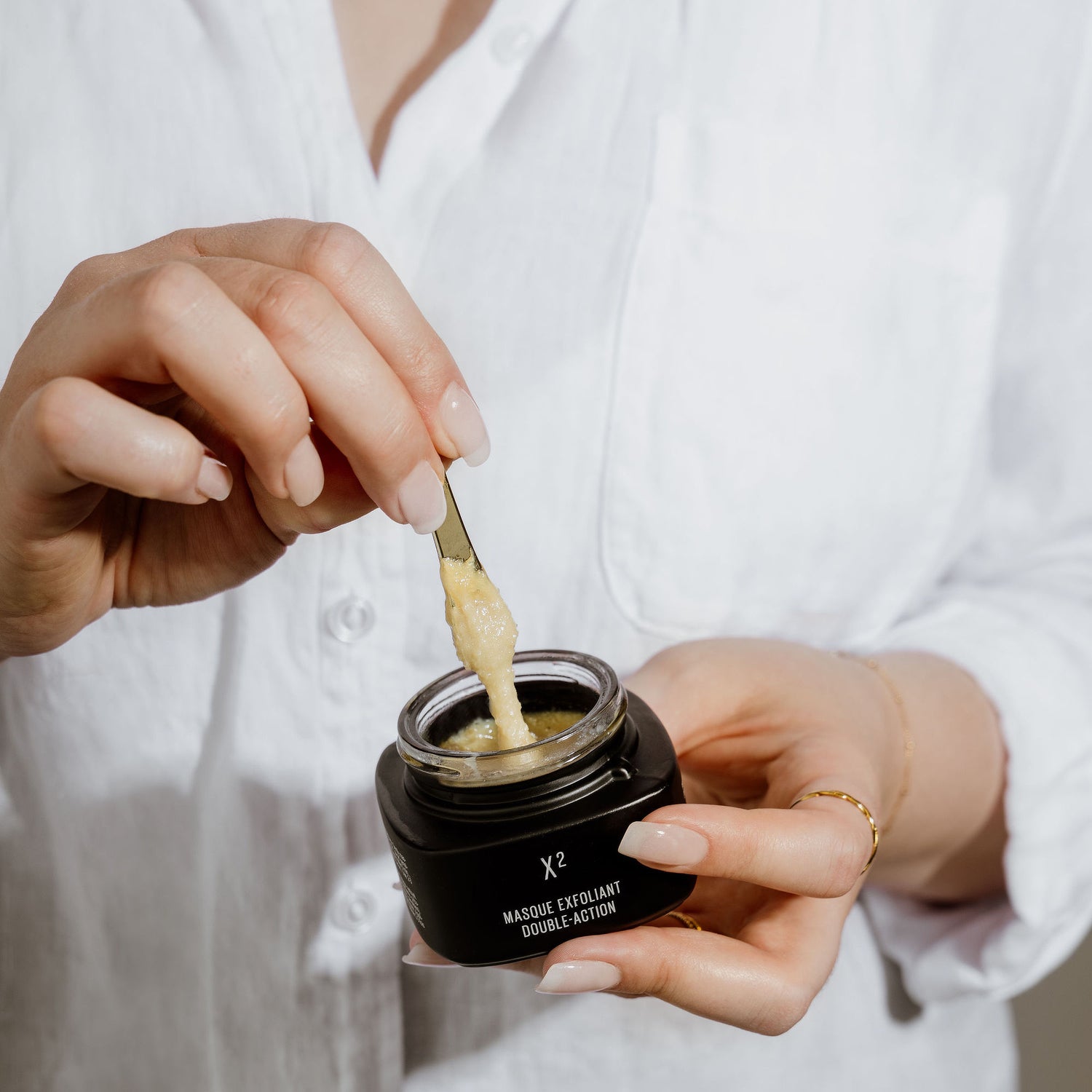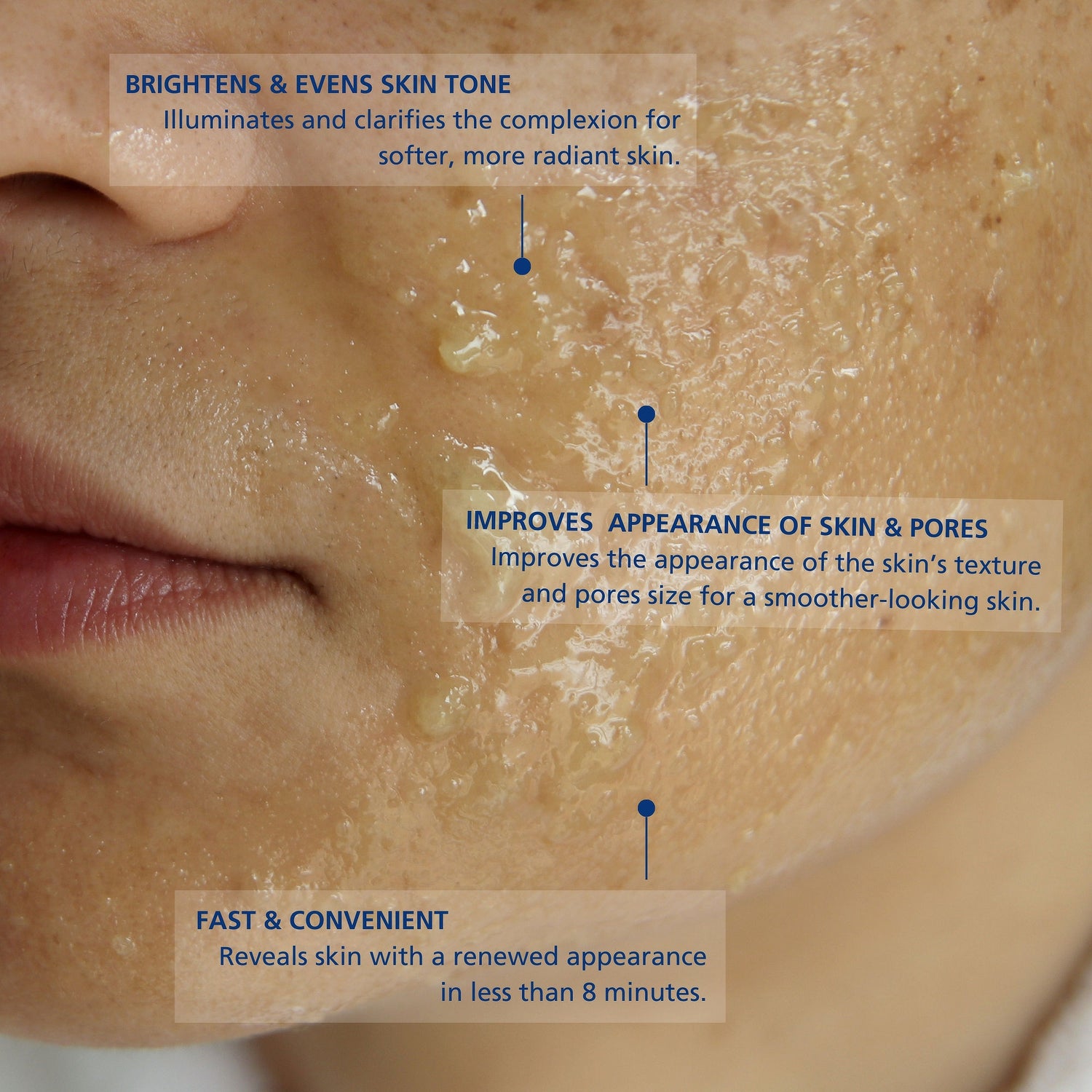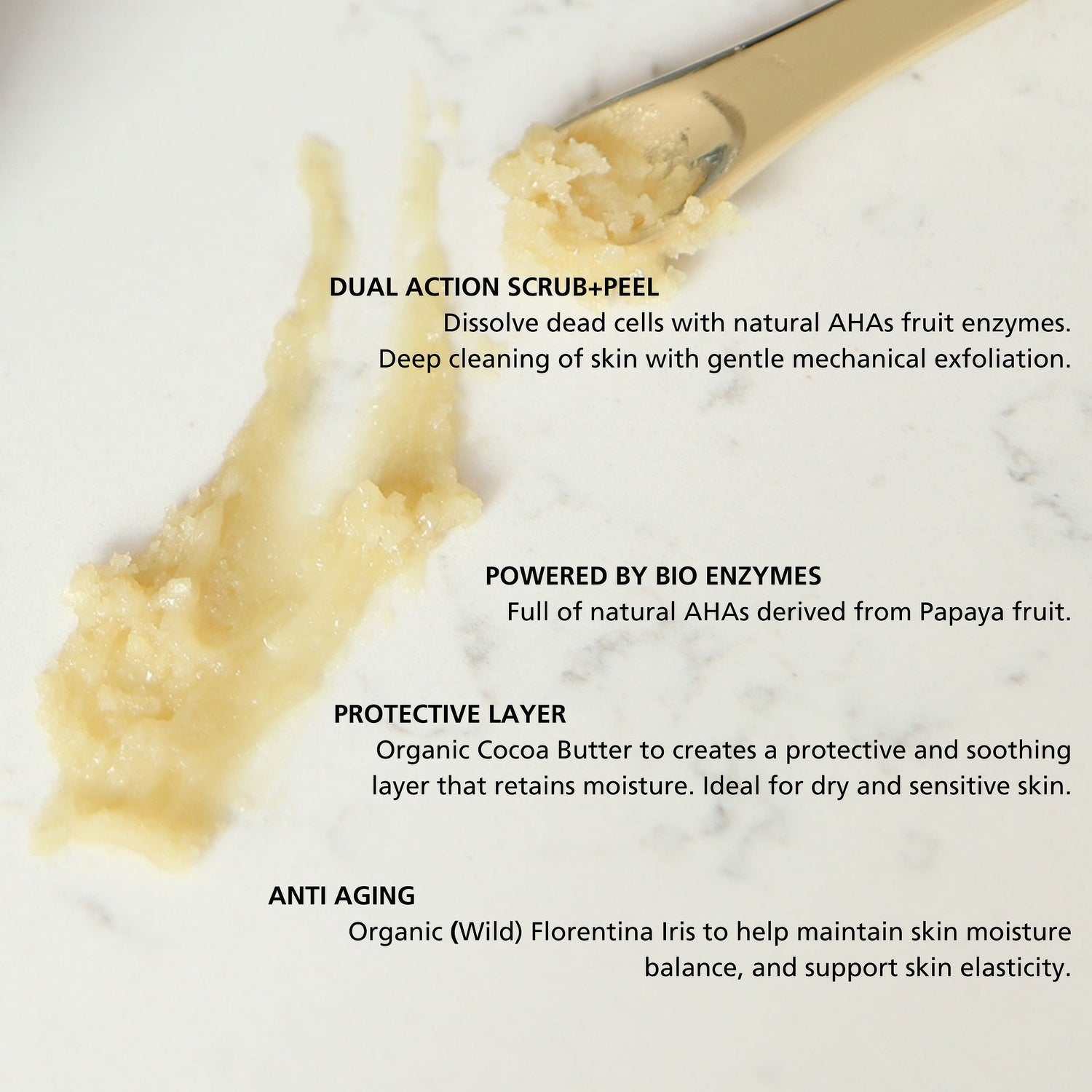A Natural Ally for Vegan Skincare
Organic safflower seed oil, derived from the seeds of the Carthamus tinctorius plant, boasts a rich history dating back to the ancient Egyptians. This plant-based oil has emerged as a valuable ingredient in vegan and natural skincare routines, offering a multitude of benefits for the skin.
Essential Fatty Acids and Moisture Retention: Safflower seed oil is an excellent source of essential fatty acids, particularly linoleic acid (over 70%). These fatty acids play a crucial role in maintaining the skin's barrier function. Studies have shown that linoleic acid deficiency can lead to dryness and increased permeability [1]. By replenishing these essential lipids, safflower seed oil acts as a lubricant, improving skin hydration and imparting a soft, smooth texture. Additionally, its emollient properties help reduce moisture loss, keeping the skin supple and healthy.
Combating Acne and Inflammation: The high linoleic acid content in safflower seed oil extends its benefits beyond moisturization. Research suggests that linoleic acid possesses anti-inflammatory properties and may help regulate sebum production [2]. This can be particularly advantageous for individuals prone to acne, as excess sebum can contribute to clogged pores and breakouts.
Antioxidant Protection: Safflower seed oil is naturally rich in vitamin E, a potent antioxidant that shields the skin from free radical damage. Free radicals are unstable molecules that can accelerate the signs of aging, such as wrinkles and loss of elasticity. Vitamin E's antioxidant properties help neutralize these free radicals, contributing to a more youthful appearance [3].
A Sustainable Choice for Vegan Skincare: As a plant-derived oil, organic safflower seed oil aligns perfectly with vegan beauty philosophies. Additionally, opting for organic varieties ensures the oil is free from synthetic pesticides and fertilizers, minimizing potential environmental impact.
In conclusion, organic safflower seed oil presents a compelling option for those seeking natural and effective vegan skincare solutions. Its well-documented properties, including essential fatty acid content, anti-inflammatory effects, and antioxidant power, contribute to a range of benefits for the skin.
References:
[1] Elias, P. M., & Feingold, K. R. (2001). Essential fatty acids and skin barrier function: The role of omega-6 fatty acids. Journal of Lipid Research, 42(3), 159-166. https://www.ncbi.nlm.nih.gov/pmc/articles/PMC7875671/
[2] Lee, J. Y., You, S. H., & Cho, S. (2014). Linoleic acid and its effects on skin health. Nutrients, 6(11), 5441-5470. https://pubmed.ncbi.nlm.nih.gov/34808417/
[3] Thiele, J. J., & Bak, P. (2000). Vitamin E: Essential in health and dermatology. Dermatoendocrinology, 2(2), 149-153. https://health.clevelandclinic.org/vitamin-e-for-skin-health
